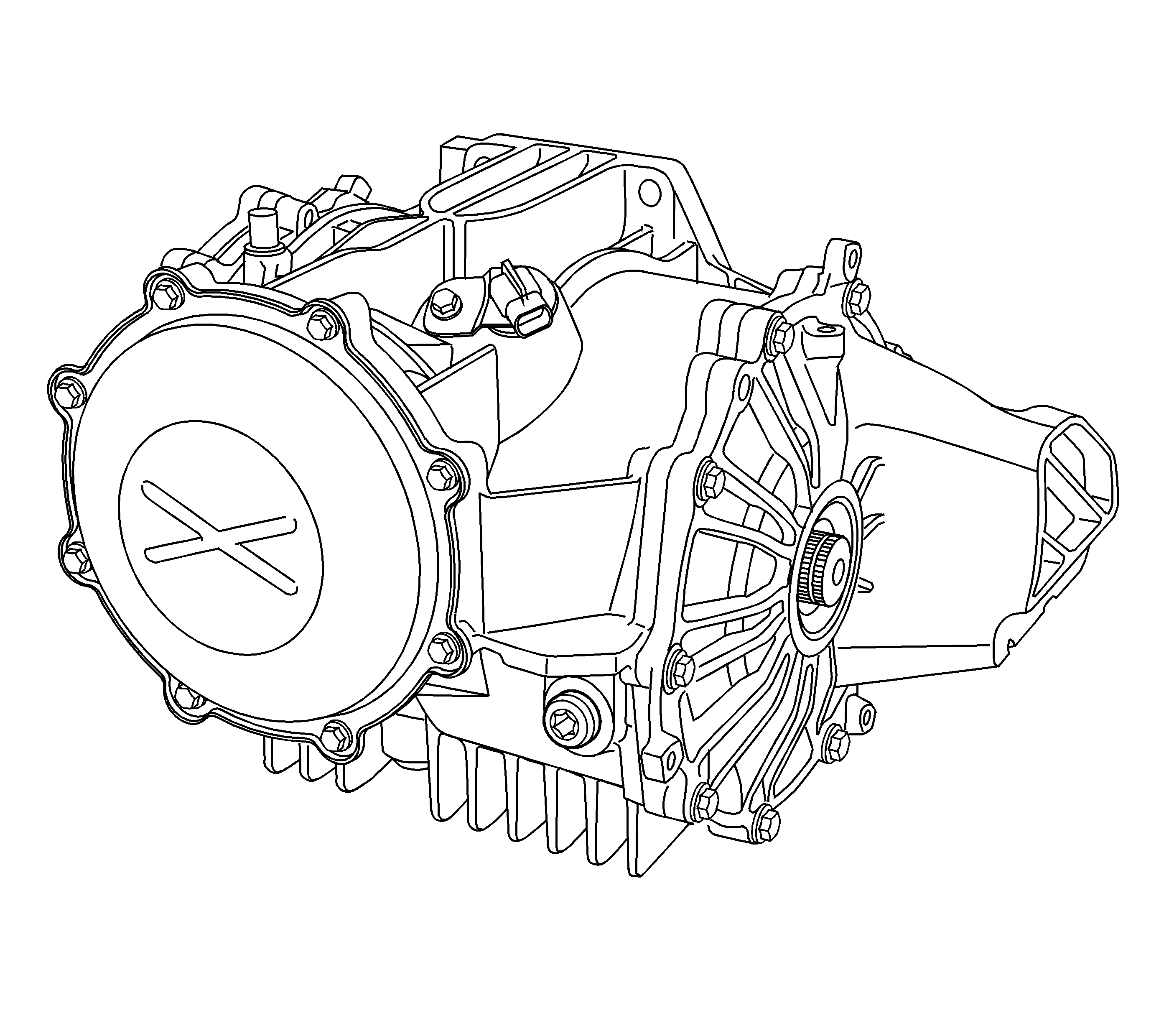Getrag Differential

The vehicle is powered by either the LS2 or LS7 V8 engine. Motion is transferred from the engine crankshaft/flywheel through the driveline support, propeller shaft, assembly to either the 6L80-E (MYC) automatic transmission or the Tremec 6-speed manual transmission. The splined output shaft of the transmission drives the pinion, which in turn, rotates the ring gear and differential case assembly. The limited slip differential distributes torque/power to the rear wheels via individual axle shaft assemblies. The limited-slip differential is of a conventional separator plate and friction disc type design.
The differential housing, side covers, pinion housing, and differential case halves are constructed of cast aluminum. The internal components incorporate a hypoid gear set, ring and pinion, carrier assembly, and pinion housing assembly. The pinion is supported in a pinion housing by tapered roller bearings. The pinion is positioned rearward of the ring gear centerline.
Pinion position, ring gear position, and carrier bearing preload are determined by shimming procedures.
Each ring gear has specific setup dimensions, A1 and A2 values, stamped onto the side area of the gear. The A1 and A2 values are unique to each ring gear/pinion and are determined during the manufacturers gear/pinion noise and vibration setup and testing. The vehicle speed sensor, in manual transmission applications, detect the rotational pulses produced by the ring gear teeth and send the signal to the vehicle control module (VCM).
The differential assembly is available in 2 gear ratios. The 3.42 ratio axle is used in all manual transmission applications. The 2.56 ratio axle is standard equipment for automatic applications.
Some models have a differential lubricant pump and cooler. Oil is pulled from the sump through an external oil pipe into the pump. Oil is pumped through an external oil pipe to the cooler. The oil is cooled by dissipating heat with transmission oil returning from radiator mounted cooler.
